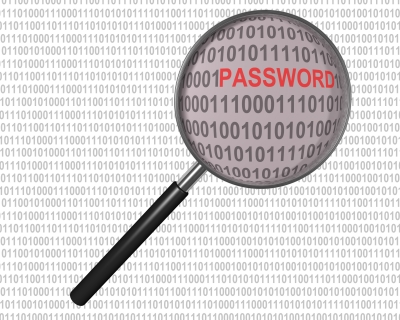 330-526-8944
330-526-8944  info@storeyassociates.com
info@storeyassociates.com
We’re hearing a lot more about identity theft these days—from hackers stealing credit card numbers from big banks and retail stores to individuals opening up credit card or bank accounts in your name, which they can use to write bad checks or make expensive purchases. Criminal identity thieves may also take out a loan in your name for a car or even a house, and some have managed to receive Social Security benefits or tax refunds that rightfully belong to others.
In some cases, when arrested for some other crime, hackers have helpfully provided a victim’s name to the arresting officers, showing the police a falsified driver’s license with that person’s number and their picture. They post bail and skip town. When their victim doesn’t show up for a court date he was never informed of, he could be arrested.
How do you protect yourself?
According to the National Crime Prevention Council, the biggest threats are coming from places that might surprise you. A study by Javelin Strategy and Research found that most identity thefts were taking place offline, where someone managed to steal your credit cards, or found social security information or credit card information in a dumpster, or filed bogus change of address forms to divert a victim’s mail to their address, where they can gather personal and financial data at their leisure. Even more surprising, 43% of all identity thefts were committed by someone the victim knows.
An organization called IdentityTheft.net estimates that over 10 million people are victimized by identity theft each year, although that number may be boosted by the aforementioned mass hacking incidents.
The Council and IdentityTheft.net say that you do a reasonable job of protecting yourself by taking some common sense steps that make it much harder for someone to make purchases in your name or withdraw funds from your accounts.
These simple precautions will keep you safe from many of the criminal efforts to hack into your life. If you feel like you need additional protection, there are a variety of protection services on the marketplace, which basically all do the same thing: they regularly monitor your credit scores, looking for changes and odd debts that might be a clue that someone has stolen your identity, and check public record databases to see if your personal information is compromised. Some will prevent preapproved credit card offers from being sent to your mailbox, patrol the black market internet where thieves buy and sell credit card numbers, and the fancier services will provide lost wallet protection, identity theft insurance and keystroke encryption software.
Which are the best? A research organization called NextAdvisor has recently evaluated and ranked eight of these services, with costs ranging from $20 a month down to $7 a month. The top rated was IdentityGuard (premium service price: $19.99 a month) which offers the most compete protection, including the aforementioned fancier services. But seven of the protection systems, including TrustedID, AARP (a white-labeled version of TrustedID), LifeLock Ultimate, PrivacyGuard, IDFreeze and LegalShield all received good ratings; only Experian’s ProtectMyID was negatively reviewed for being expensive and only monitoring one credit reporting service.
Do you really NEED these services? Possibly not. However, with the growing publicity around identity theft, these firms have become very aggressive in their marketing efforts. What they don’t tell you is that you can do many of the things they do on your own. Every quarter, you can review one of your credit bureau reports for free, or—and this is easier—simply look at your statements and balances every day. The more sophisticated services are a fancy replacement for promptly notifying your bank when a credit card is lost or stolen, or when a strange charge shows up because Citibank or the Target department store was using weak security protocols.
In the near future, as more transactions take place using thumb prints or other biometric security data, we may look back on this period as the Wild West of data security, a strange unsettling time when people had to worry about their lives being hacked by strangers. Your goal is to arrive safely, unhacked, at that more secure period in our cultural evolution.
Sources:
http://www.ncpc.org/cms-upload/prevent/files/IDtheftrev.pdf
http://www.ncpc.org/topics/fraud-and-identity-theft/tips-to-prevent-iden...
http://www.identitytheft.net/
http://www.cracked.com/article_19973_the-8-creepiest-cases-identity-thef...
http://www.nextadvisor.com/identity_theft_protection_services/index.php?...
Provided by Storey & Associates, a Registered Investment Advisor located at 1360 South Main Street, North Canton, Ohio offering Financial Planning and Asset Management Services. Image courtesy of Salvatore Vuone at FreeDigitalPhotos.net. Content written by Bob Veres. For more information, please contact us at (330) 526-8944 or info@storeyassociates.com.